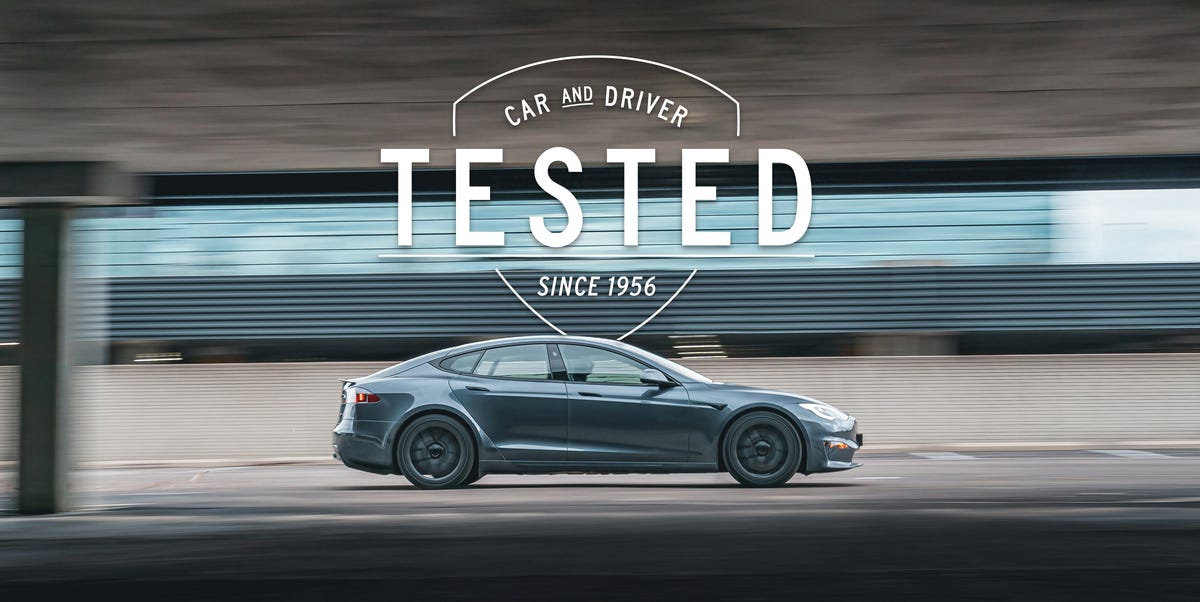I mean, not for nothing, but you started with saying that after 10 years the battery is useless, then 15, then 20. Of course there's degradation, but I haven't seen anything that suggests "death's door" or "a fraction", even after 20 years, unless that fraction is closer 1 than 0.
I guess I don't understand what point you're making. If it's a financial one, there have been analyses done that look at cost of ownership, including depreciation, over varying periods of ownership. In general, those favor EV's, even when they're more expensive to start due to reduced maintenance and fuel costs. If it's a general environmental waste thing, again, those analyses have been done and are continuing to be updated. EV's, generally speaking, are a bit more environmentally friendly, although it's probably not as much of a margin as some would believe and varies depending on a large number of factors.








